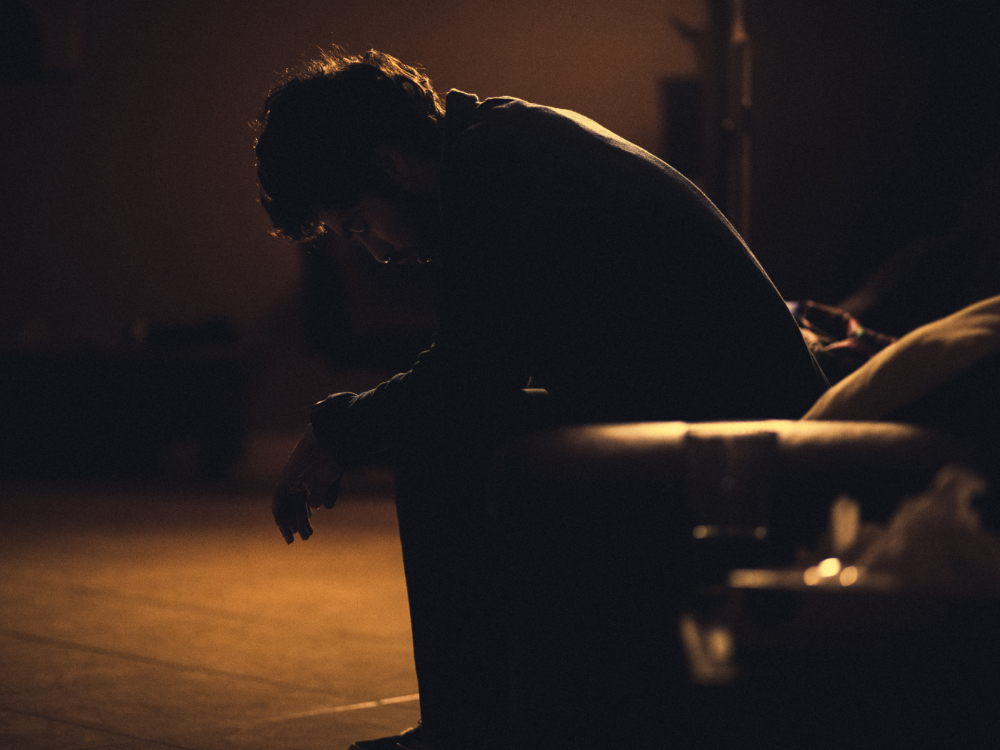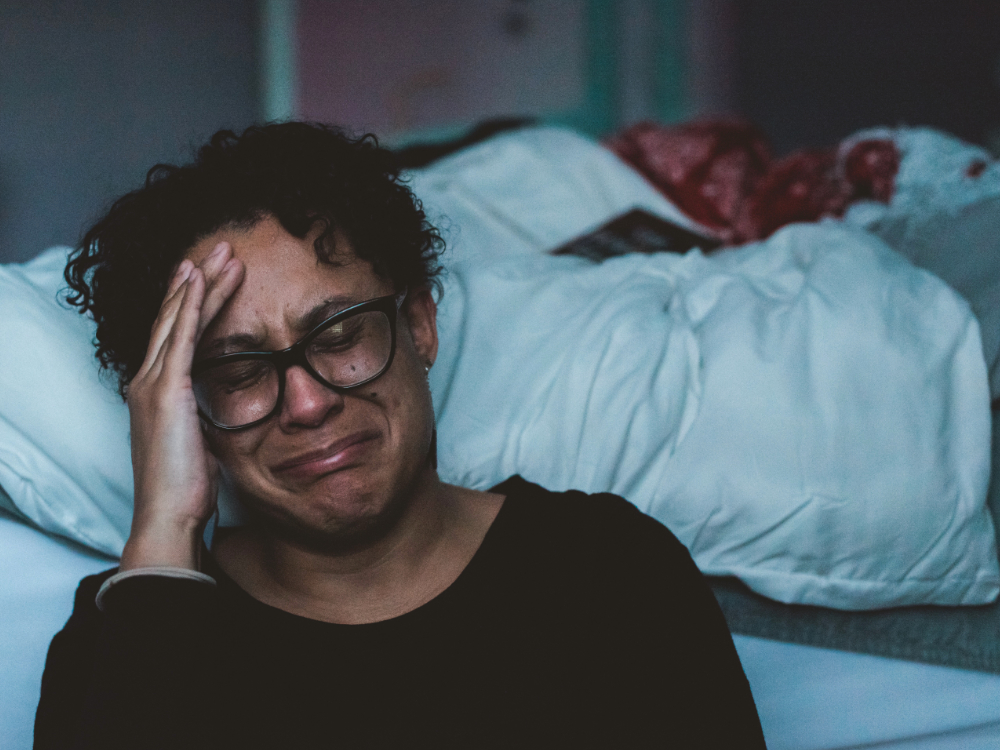- Home
- Ibogaine Treatment
- For Personal Development
- Ibogaine Treatment for Anhedonia and Depression
Ibogaine Treatment for Anhedonia and Depression
Ibogaine Treatment for Anhedonia and Depression
What Is Ibogaine?
Found in the West African Tabernanthe Iboga plant, ibogaine is one of its naturally occurring, psychoactive alkaloids. This powerful plant medicine appears to “know” the exact parts of the human brain that need mending, and will apply an all-out circuit reset to the regions most damaged by either addiction or mental health issues such as anhedonia and depression.
While it would be an overstatement to claim that treatment with ibogaine can cure every single instance of mental health issues, it has proven itself extremely beneficial in many cases.
Here at Tabula Rasa Retreat™, we have used ibogaine to treat cases of anhedonia, depression and other mental health issues.

What is Anhedonia?
Known as a common symptom of depressive disorders (including major depressive disorder,) anhedonia causes extreme loss of interest in otherwise pleasurable activities, such as music, food, socializing and sex. Those suffering from anhedonia tend to report a general feeling of numbness, coupled with an innate, negative feeling about life, as well as feelings of hopelessness.
It is also present in individuals who have been addicted to drugs or alcohol for prolonged periods, as well as those suffering from dysthymia (chronic depression).
Depressive disorders can either result from event-based traumas, addiction, or underlying medical conditions, as well as neuropsychiatric disorders such as schizophrenia, post-traumatic stress disorder and psychosis.


Imbalances in neurotransmitters such as dopamine, as well as other chemical messengers, go hand in hand with anhedonia. Of special importance in this relationship is the reduced presence of dopamine as a major factor affecting the perceived severity of anhedonia in an individual.
Anhedonia and Traditional Therapy
Where anhedonia is experienced as a symptom of depression, antidepressant medications such as SSRIs (Selective Serotonin Reuptake Inhibitors) are commonly used, but not necessarily the most effective.
Research shows that those with anhedonia are more neurologically resistant to the effectiveness of antidepressant medication.
While some clinicians have extolled the benefits of alternative medications such as ketamine (a powerful analgesic and anesthetic used to overcome treatment resistance), psychedelic microdosing – the practice of regularly taking sub-hallucinatory quantities of psychedelics such as psilocybin or LSD – has also begun to gain some traction within the medical community, but is still far from being accepted.
Another form of traditional therapy is used in severe depression and, consequently, in the treatment of anhedonia, called Electroconvulsive Therapy (ECT). Electrodes are placed on a patient’s scalp, and a health professional administers electrical currents to the brain while the patient is under anesthesia. This induces seizures, and is thought to be beneficial in helping overcome depressions which prove resistant to antidepressant treatment.


Why Ibogaine Works So Well for Depression and Anhedonia
When addressing the issue of mental health, it is useful to distinguish between the two root causes of mental health issues.
These can be physical issues (internal), such as chemical imbalances or neurological issues, as is the case with anhedonia.
The second main type of mental health issue is what is known as “trauma based,” whereby a highly traumatic external event, either isolated or reoccurring, can cause post-traumatic stress disorder (PTSD), anxiety or chronic depression (dysthimia).
The main reason ibogaine is effective in treating physical (internal) issues stemming from impaired brain functionality is because ibogaine promotes a neurological reset, often targeting and matching with the areas of the physical brain where the imbalance exists.
Once an individual takes a full dose of ibogaine, they will slip into a psychedelic journey lasting from eight to twelve hours. During it, they will be confronted with memories and issues from their past in the form of visual hallucinations.
While this intense psychedelic journey takes place, ibogaine works on the mesolimbic pathways, increasing serotonin and dopamine release in regions of the brain such as the nucleus accumbens, striatum, and the prefrontal cortex.
Patients treated with ibogaine for anhedonia frequently report what they consider significant breakthroughs in comparison to years of talk therapy. All aspects considered, research has shown that ibogaine is at its most effective in treating mental health issues where its origin is internal, or related to the brain’s neurological and chemical function, rather than when it is trauma-based.


Should you find yourself worn down by prolonged depression, and if you have been diagnosed with anhedonia, give us a call, or write to us at info@tabularasaretreat.com and we will help you decide if ibogaine is the right choice for you.

Ibogaine Treatment for Anhedonia and Depression
“Alain de Botton”
